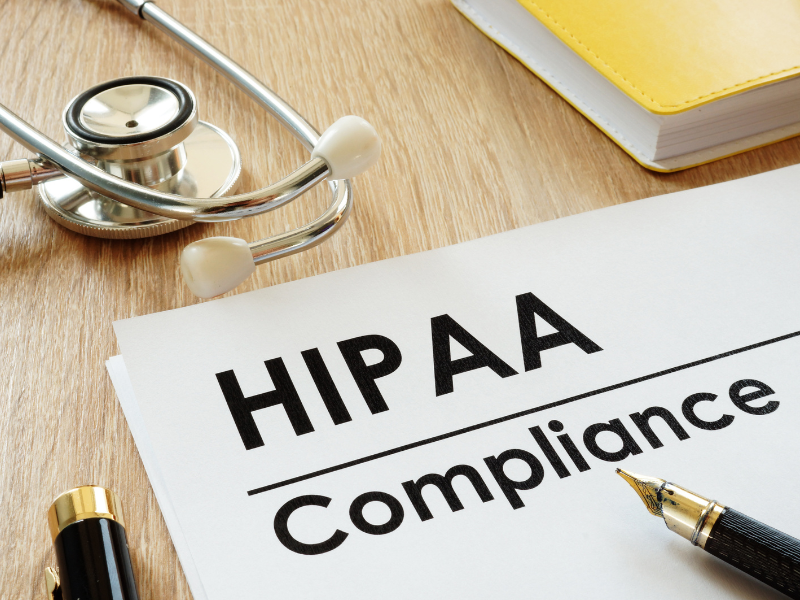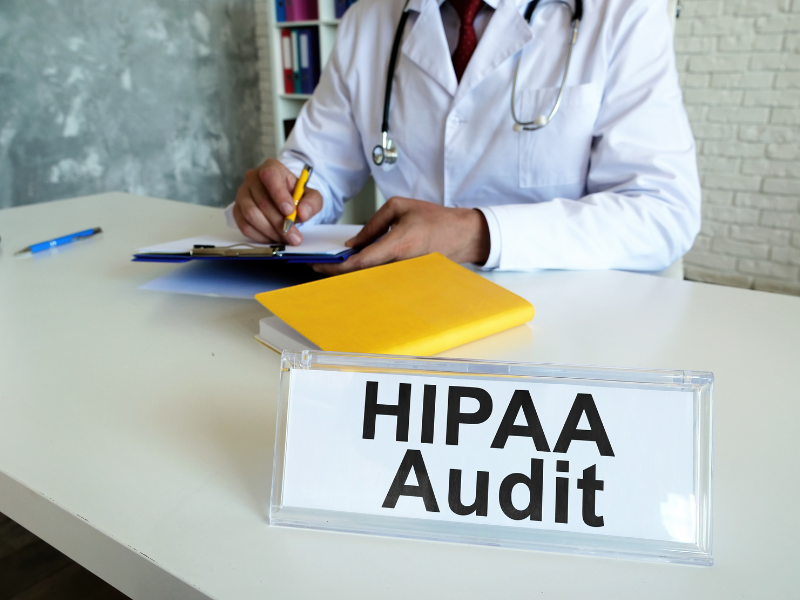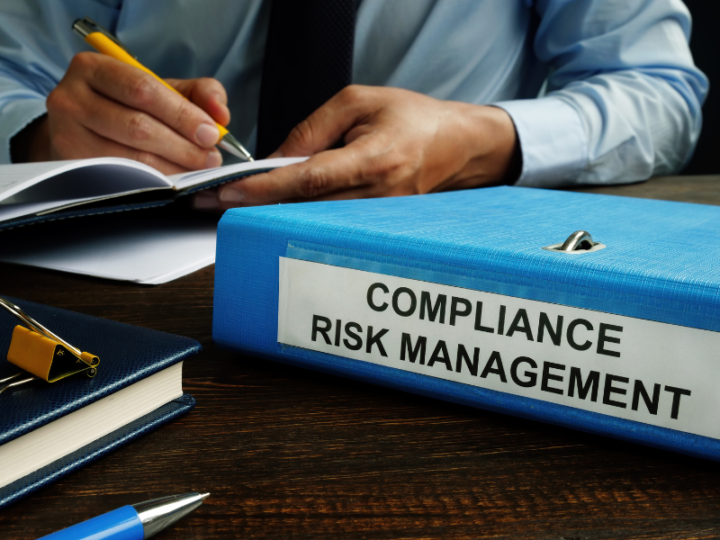The Department of Health and Human Services (HHS) conducts periodic HIPAA audits to measure the compliance efforts of covered entities. HIPAA audits ensure that covered entities and business associates follow the Privacy, Security, and Breach Notification Rules set forth by the Health Insurance Portability and Accountability Act (HIPAA) of 1996.
Failing a HIPAA audit can lead to corrective action, monetary penalties, legal consequences, increased monitoring, and loss of business.
Thus, knowing how not to fail a HIPAA audit and the common mistakes that lead to audit failures are crucial. With enough preparation, your organization has a better chance of achieving compliance.
7 Mistakes to Avoid

7 Common Mistakes That Lead to HIPAA Audit Failures
HIPAA audit failures can be avoided by carefully understanding and implementing HIPAA guidelines. Compliance is an ongoing effort that should periodically identify gaps in an organization’s policies and procedures. Without the regular evaluation of protocols, an organization can make the following mistakes on HIPAA audits:
1. Inadequate risk assessment and analysis
One of the most significant mistakes organizations make is neglecting comprehensive risk assessments. Regular risk assessments allow entities to identify potential vulnerabilities and threats to the privacy and security of sensitive information within an organization. Failure to perform thorough risk analysis exposes patient data to potential breaches and increases the likelihood of failing a HIPAA audit.
2. Insufficient policies and procedures documentation
A lack of clear and well-documented policies and procedures is a common roadblock to HIPAA compliance. Policies should cover everything from access controls to breach response protocols. Organizations that fail to create and maintain detailed documentation leave themselves vulnerable to potential compliance violations and may struggle to prove their commitment to protecting patient data during an audit.
3. Poor employee training and awareness
Employees are the front line of defense when it comes to PHI security. Even the most robust policies and procedures may fall short without proper training and awareness. In fact, some data breach cases and HIPAA violations occur because of unintentional mistakes and a lack of awareness. Regularly educating staff about HIPAA regulations, data handling best practices, and the latest cybersecurity threats is essential to maintain a strong compliance posture and reduce the risk of human error.
4. Non-compliance with physical safeguards
HIPAA addresses the security of electronic and non-electronic (physical copies) protected health information (PHI). Entities often overlook the importance of securing physical locations, workstations, and devices where PHI is accessed or stored. For instance, staff may unintentionally expose medical records by failing to lock cabinets containing sensitive medical records. Failing to implement proper physical safeguards can be a significant stumbling block during a HIPAA audit.
5. Negligence in data breach prevention and incident response
Data breaches are unfortunate realities, especially as digitalization and cyber threats increase. However, how an organization responds to a breach can make a difference in the eyes of auditors. The lack of a robust incident response plan and failure to promptly notify affected individuals can result in severe penalties and a failed audit.
6. Failure to conduct regular security audits and penetration testing
Stagnant security measures can quickly become obsolete in the face of evolving threats. Regular security audits and penetration testing help organizations proactively identify weaknesses in their systems and networks. Neglecting these essential practices can leave your organization vulnerable to data breaches and HIPAA violations.
7. Lack of Business Associate Agreement (BAA) compliance
Business associates play a crucial role in the healthcare ecosystem. The Final Omnibus Rule clearly outlines that both business associates and their subcontractors must comply with HIPAA regulations. Many entities overlook the importance of formalizing Business Associate Agreements (BAAs) with these partners. Not having proper BAAs in place lowers your organization’s possibility of passing the audit process.
The Role of Ongoing Compliance Monitoring and Remediation
HIPAA compliance is an ongoing process that requires continuous monitoring, review, and improvement. Entities that consider compliance a one-time task are at risk of falling short during audits. Consistent monitoring and timely remediation of identified issues demonstrate a proactive commitment to data security and patient privacy.
Be HIPAA Audit Ready
Navigating the complexities of HIPAA compliance can be intimidating, but it is essential for protecting patient data and maintaining the integrity of your organization. However, there are ways not to fail a HIPAA audit. Increase your chances of success by avoiding and rectifying these common mistakes.
Remember that compliance is not a one-time task. It requires ongoing dedication and continuous improvement to ensure the highest level of data security and patient privacy.









